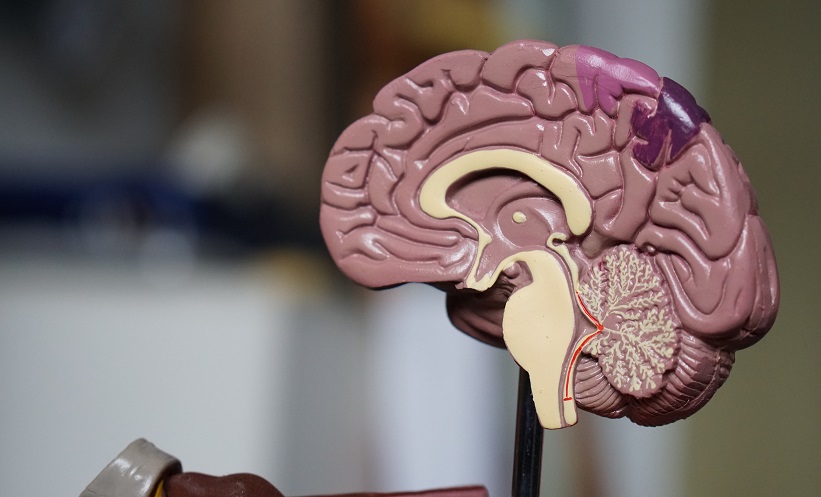DEMENTIA incidence is expected to rise globally to 152 million by 2050. This increase may be due to the increasing global prevalence of Type 2 diabetes (T2D) and obesity, as suggested by the results of meta-analyses linking diabetes and mid-life obesity to cognitive impairment and dementia. Pima American Indians have a high prevalence of T2D, usually characterised by an earlier onset. Furthermore, this population group have a higher prevalence of neuropathy, obesity, and hypercholesterolemia.
Despite the early onset of T2D and the presence of metabolic risk factors, the impact on cognition and brain metrics has not been assessed in this population. Therefore, additional evidence would be beneficial in determining whether sensitive measurements of cognition and structural brain metrics are associated with T2D, obesity, and other metabolic risk factors in a cohort of Pima American Indians with longstanding T2D.
The study included 51 middle-aged Pima American Indians with T2D. Several memory and language tests were utilised, along with MRI, to determine the relationship between diabetes, cognition, and brain structure.
Brain imaging suggested that as the duration of T2D increased, the mean cortical thickness and grey matter volumes decreased while the volume of white matter hyperintensities increased. The research team, based at the University of Michigan, Ann Arbor, USA, suggests that these results indicate the negative effects that longstanding diabetes may have on brain health outcomes. This also emphasises the importance of preventing early-onset T2D. However, cognition in the study population did not differ depending on diabetes status.
“This is among the first times that alterations of the brain’s structure have been associated with duration of diabetes,” commented lead author Evan Reynolds, NeuroNetwork for Emerging Therapies, Michigan Medicine, Ann Arbor, USA. “Although we did not find reduced cognition through the National institute of Health (NIH) Toolbox, this might not give the entire picture. The fact that we saw negative changes in the brain itself provides evidence for the need for early screening for cognitive disorders in patients with T2D to improve patient care and quality of life.” The authors acknowledge that limitations of the study include a small sample size, a cross-sectional design, lack of a control group without diabetes, and unclear generalisability to other populations.








